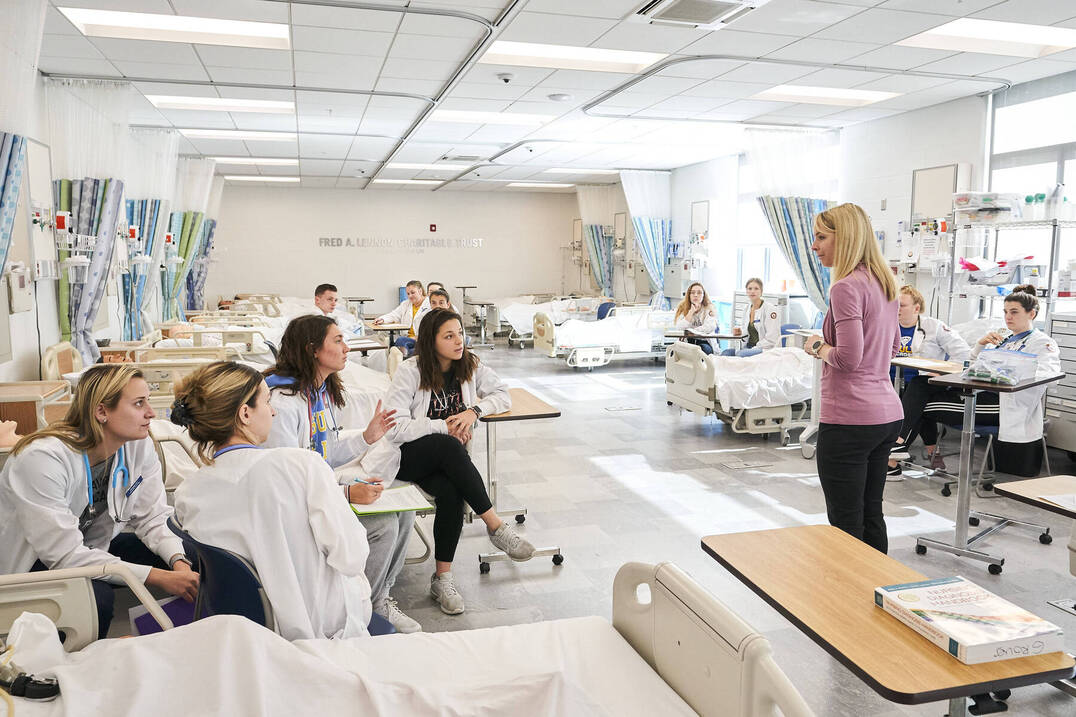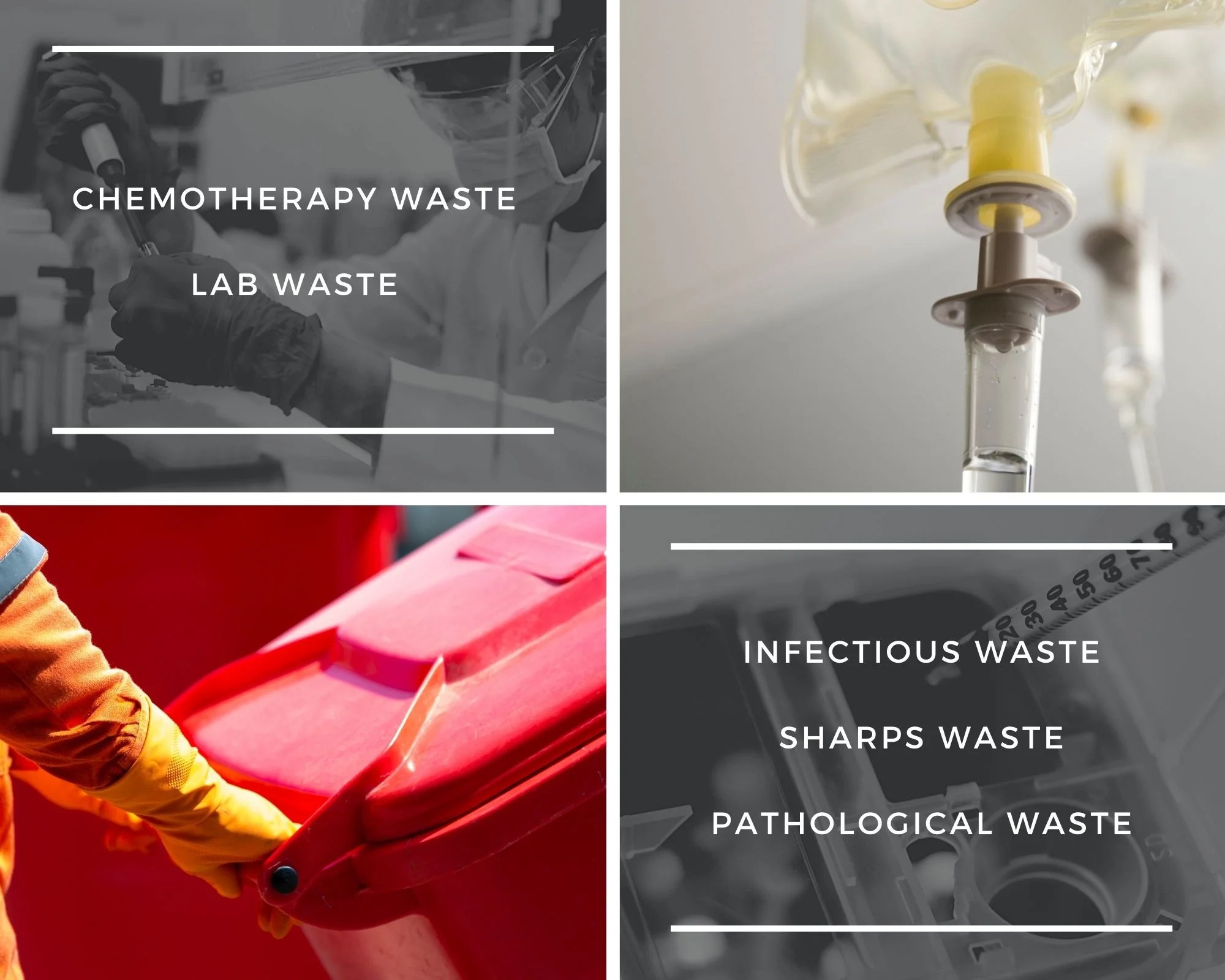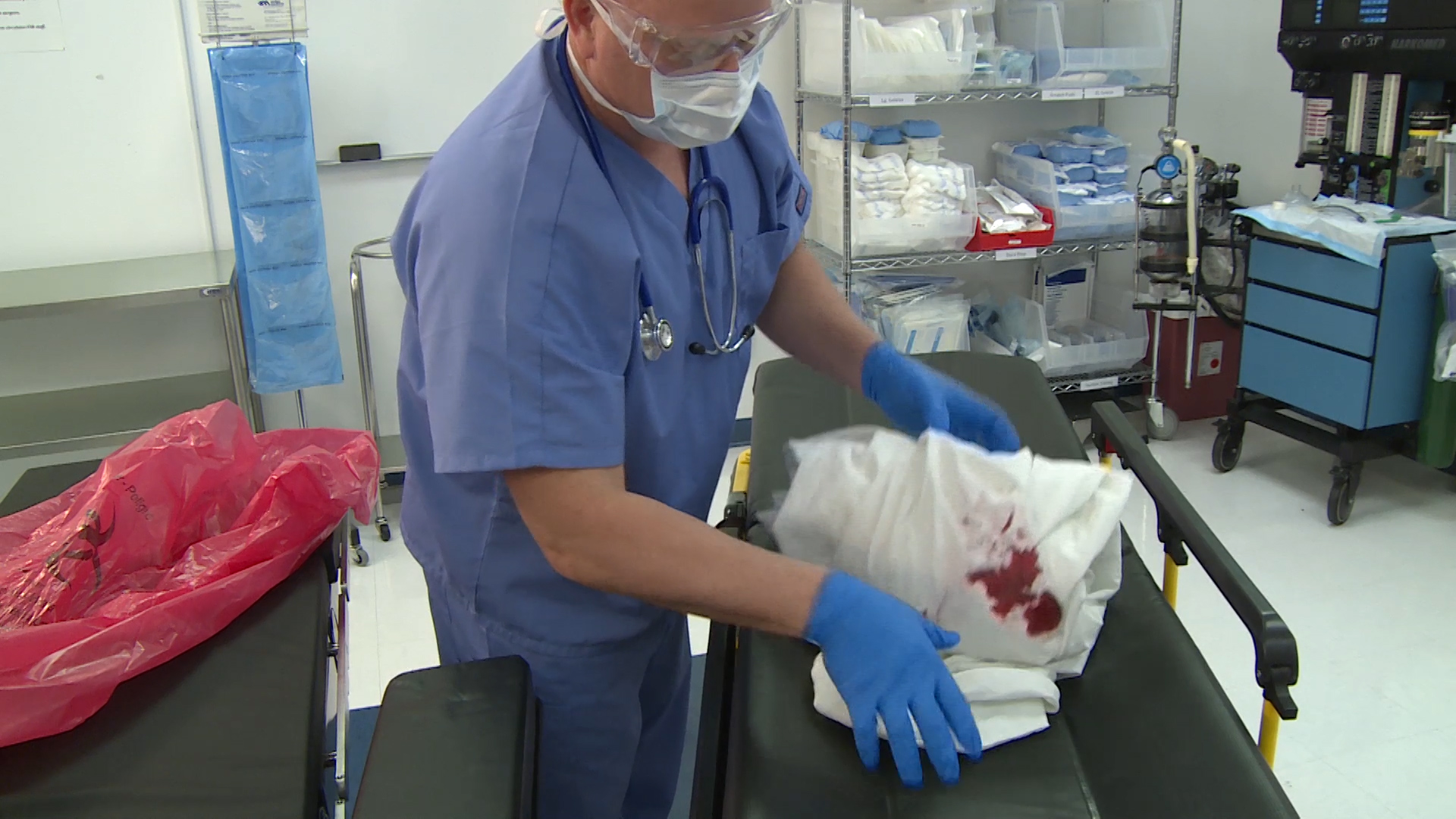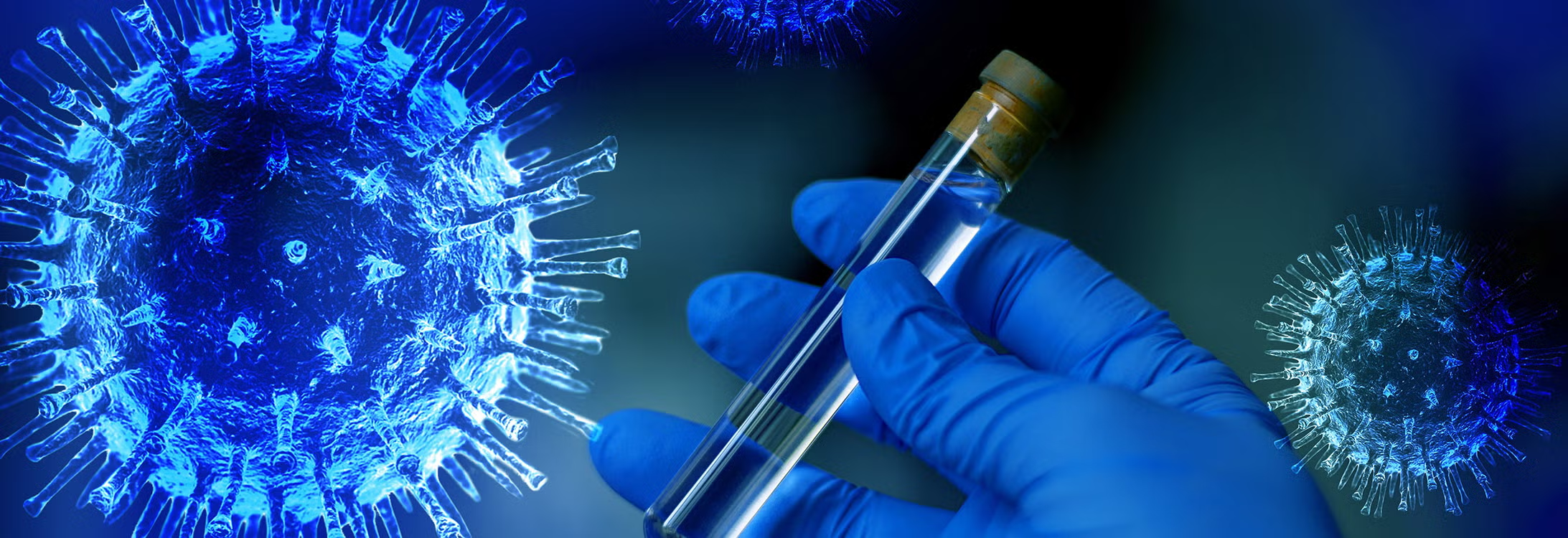Regulated Medical Waste Management for Schools: Expert Solutions For Healthcare Waste From Secure Waste
Are you seeking efficient medical waste disposal solutions for your local teaching healthcare university? Whether you oversee a nursing school or other healthcare training programs, we understand that proper waste management is essential for maintaining a safe and compliant environment.
If you’re a nurse needing reliable sharps disposal services for a nearby public school, Secure Waste has you covered. We specialize in comprehensive medical waste services tailored specifically for educational institutions, ensuring you meet all regulatory requirements while prioritizing safety.
I’d like you to please read on to learn more about how Secure Waste can support your school’s healthcare service needs.
As the new school year approaches, schools must thoroughly review their medical waste procedures. All educational institutions, regardless of the age group they cater to, engage in particular medical and safety services that inevitably lead to the generation of medical waste.
This waste can arise from various activities, including dispensing medications, administering first aid to injured students, performing routine health screenings, or providing on-campus health services through a school nurse or health clinic. Understanding proper medical waste management is a regulatory obligation critical to ensuring a safe environment for students and staff.
Schools mustn’t mix medical waste with regular trash, which can lead to dangerous situations.
Medical waste typically includes used syringes, Band-Aids, and any materials contaminated with bodily fluids. These items must be disposed of in specialized, clearly labeled containers designed for medical waste, following stringent federal, state, and local regulations to ensure safety and compliance.
Improper disposal of medications and potentially infectious materials poses significant health risks to anyone who might encounter them, particularly vulnerable populations like children.
Schools should engage in training and review resources provided by health and safety authorities to understand the types of medical waste generated in schools and the appropriate handling and disposal procedures. This proactive approach minimizes risks and fosters a health and safety culture within the school community. Please review the detailed information below for more guidelines on effective medical waste management practices specific to educational settings.
Do You Need Medical Waste Disposal For Your School? “Click Here For Secure Waste Solutions”
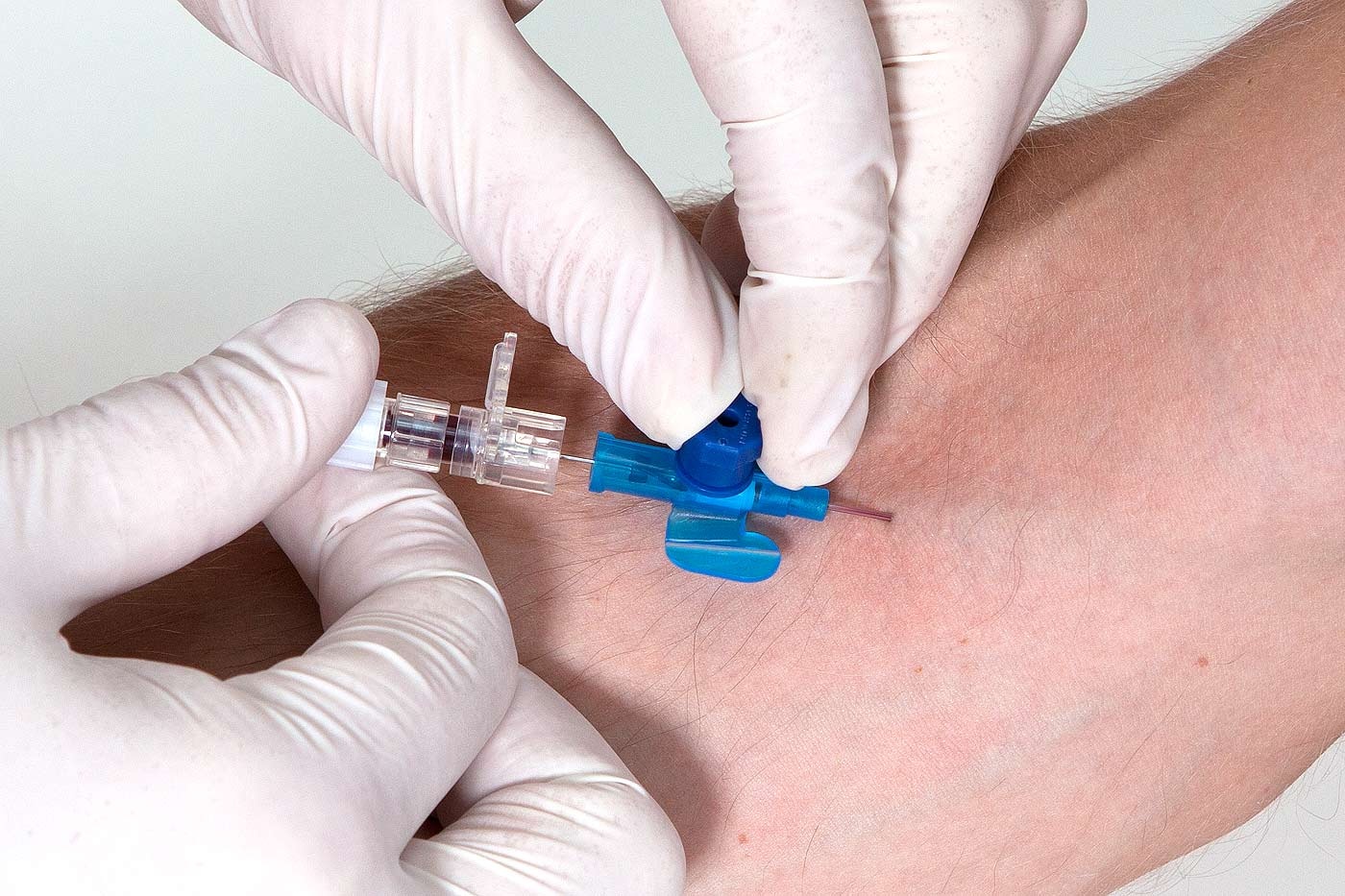
Medical Waste Disposal For Education
School nurses’ offices and on-site clinics generate a diverse range of waste materials that must be carefully managed to protect the health and safety of students and staff. Understanding the classifications of these waste types—such as hazardous, biohazardous, sharps, and general waste—is crucial for proper handling and disposal.
Hazardous waste includes any materials that may pose a risk to human health or the environment.
In contrast, biohazardous waste typically encompasses items contaminated with blood or other infectious fluids, such as used bandages, gloves, or other materials that may harbor pathogens. Sharps, including needles and lancets, require special attention due to their risk of injury and need for secure disposal in puncture-resistant containers.
To ensure the safety and well-being of both staff and students, it is imperative to provide comprehensive training for all personnel on the protocols for handling bloodborne pathogens and other potentially infectious materials (OPIMs).
This training should cover proper procedures for segregation, labeling, and disposal of waste, as well as using personal protective equipment (PPE) and emergency response measures in case of exposure. By equipping staff with the knowledge and skills necessary to manage these waste materials, we can maintain a safe and healthy environment within the school setting.
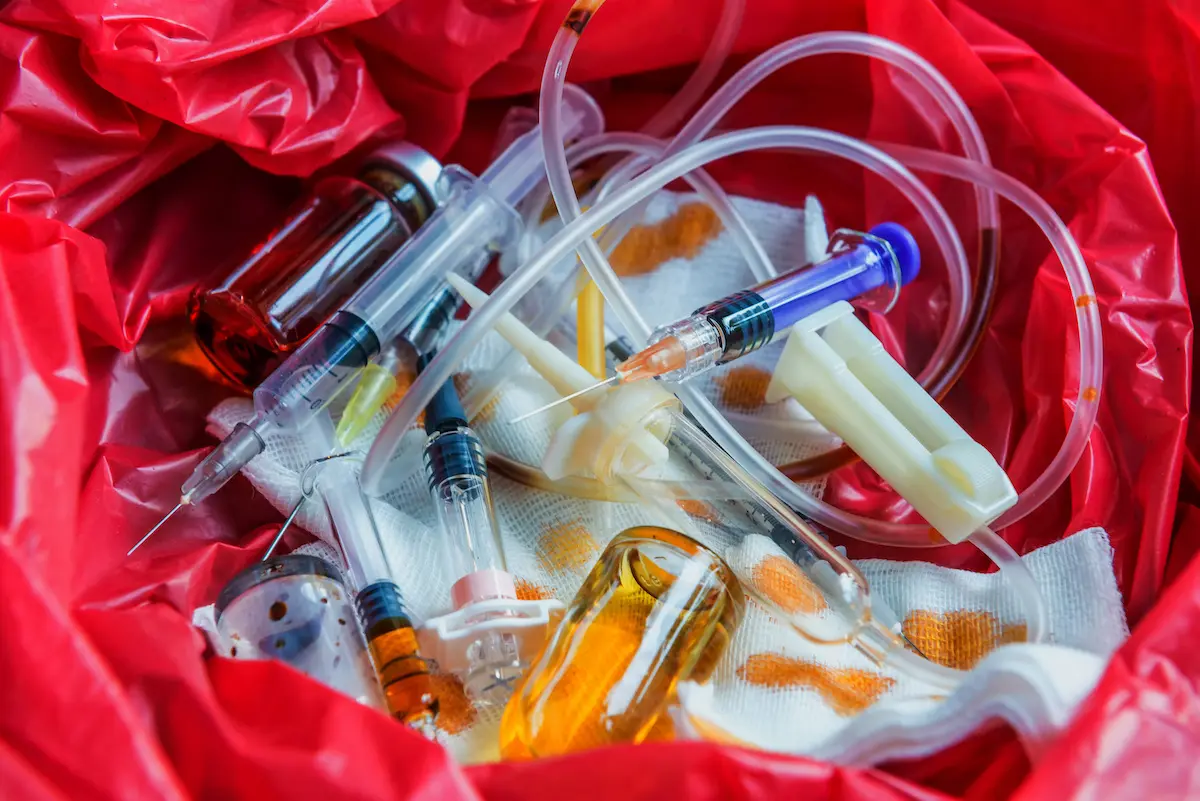
What Is Infectious Medical Waste?
Secure Waste provides essential support for managing medical waste in educational settings.
Infectious waste refers to materials containing pathogens or bacteria capable of spreading diseases or causing harm. This category includes items contaminated with blood, bodily fluids, and sharp objects.
Proper handling of infectious waste is crucial and requires appropriate personal protective equipment (PPE), adhering to OSHA’s Bloodborne Pathogens Standard.
In schools, contaminated materials often result from treating minor injuries like skinned knees, insect bites or stings, and bloody noses. Staff must be trained in the careful handling of these situations. Contaminated items should be collected in red biohazard waste bags and sturdy, sealable containers. The bright red color of these bags helps ensure easy identification, reducing the risk of improper handling and potential exposure.
Pharmaceutical Management
Pharmaceutical waste is generated from leftover or expired medications, creating a pressing concern for schools that administer medications to students. These institutions must establish an efficient system for properly disposing of such waste.
Timely removal of pharmaceuticals is crucial in mitigating potential risks associated with accidental ingestion or exposure, ensuring a safe and secure environment for all students. By prioritizing the responsible management of pharmaceutical waste, schools can protect the health and well-being of their students while upholding their duty of care.
Sharps Needle Disposal and Management
Sharps refer to any medical instruments or items capable of pricking, cutting, or penetrating the skin, which can lead to injury and the potential transmission of infectious diseases.
These items are commonly used in educational settings, particularly to administer medications such as insulin for students with diabetes or antihistamines for those with severe allergies.
Sharps should be placed in an approved sharps container to ensure safe disposal. These containers should have a secure locking lid to prevent accidental access and spillage.
Monitoring the container’s fill level is crucial to avoid overfilling, as this can compromise safety and increase the risk of injuries. Scheduled removal and emptying of these containers should be conducted regularly, following local regulations and guidelines regarding their disposal, to maintain a safe environment for students and staff.
Regulated Medical Waste Services for Colleges & Universities
Colleges and universities manage a significant amount of medical waste due to the presence of on-campus health centers and medical training programs.
These institutions must implement effective waste management strategies, such as those offered by Secure Waste, to ensure compliance with health regulations and maintain a safe environment.
Medical colleges provide comprehensive training through various programs, including nursing, medicine, dentistry, and veterinary studies. Students generate medical waste during their studies as part of their educational curriculum. This waste can take several forms, including laboratory cultures, stocks of infectious agents, animal carcasses, biological tissues, bodily fluids, and sharp objects such as used needles and scalpel blades.
Classifying each type of medical waste is critical, as it dictates the appropriate handling and disposal methods.
For instance, biohazardous waste, which includes anything contaminated with infectious agents, must be treated with special care, often requiring autoclaving or incineration to reduce its potential threat to public health.
In contrast, non-hazardous waste, such as packaging materials, can usually be disposed of through regular waste management channels. Proper training and protocols are necessary to ensure that all individuals involved in the waste management process understand these distinctions and can carry out their responsibilities effectively.
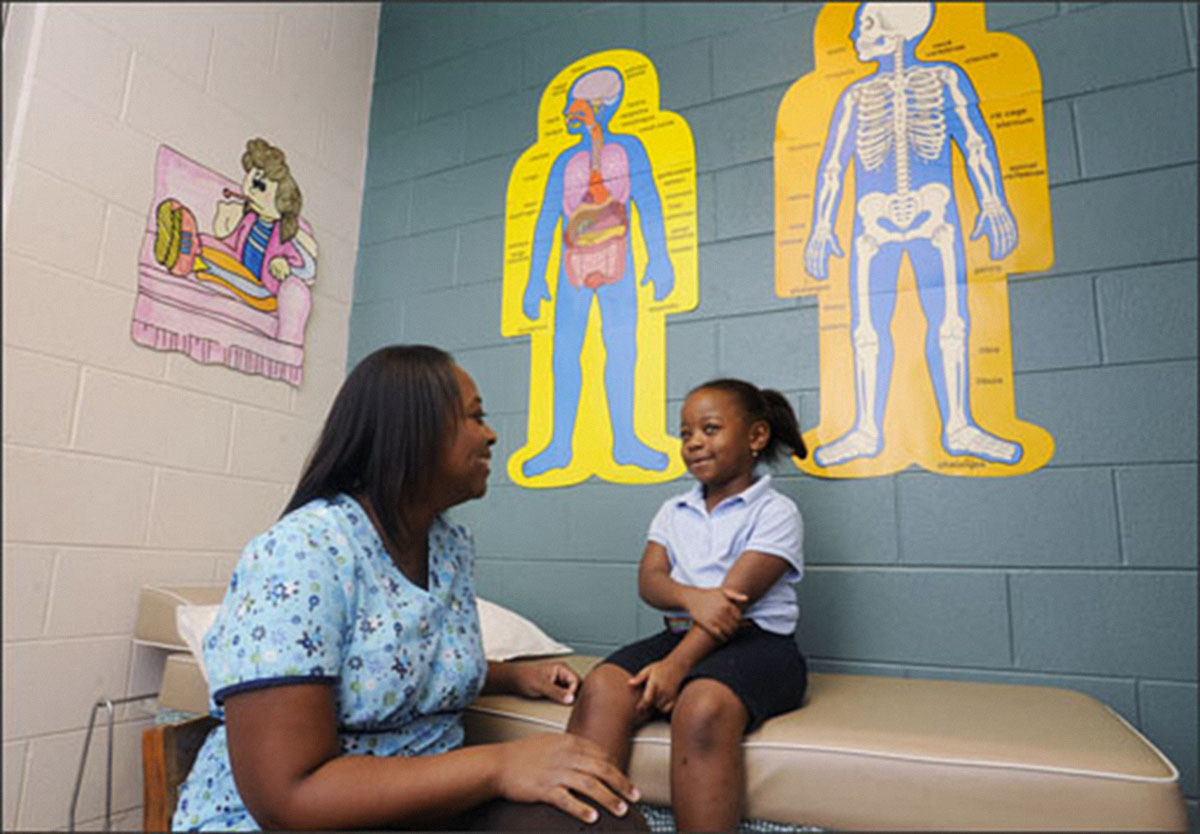
Campus HealthCare And Nursing Stations
On-campus emergency medical services (EMS) and health centers generate medical waste similar to any hospital or medical facility, including various potentially hazardous materials such as sharps, infectious waste, and non-hazardous waste. These facilities must adhere to strict regulations and guidelines regarding medical waste disposal, often outlined by local and federal authorities.
To ensure safety and compliance, it is crucial to segregate all medical waste at the point of generation—this means that waste should be sorted immediately after it is produced, rather than at a later stage. Each type of medical waste must be placed in the appropriate container: sharps must go into puncture-proof sharps containers, infectious waste should be stored in biohazard bags that are clearly labeled, and non-hazardous waste can be disposed of in standard waste bins. Implementing proper segregation practices helps protect the health and safety of staff and patients and safeguards the environment by ensuring that hazardous materials are handled appropriately.
In conclusion-
Now that you have a more proper comprehension of Regulated Waste Management and Disposal for the healthcare university or other school setting, don’t hesitate to contact Secure Waste.
We provide reliable, compliant, eco-friendly medical waste disposal solutions for your facility’s needs. We have expertise in biomedical, hazardous waste, and Sharps container disposal. In addition, we provide customized waste management plans, including secure collection and transport, and sustainable disposal practices.
Contact us today for a FREE Waste Assessment, or request a quote online!
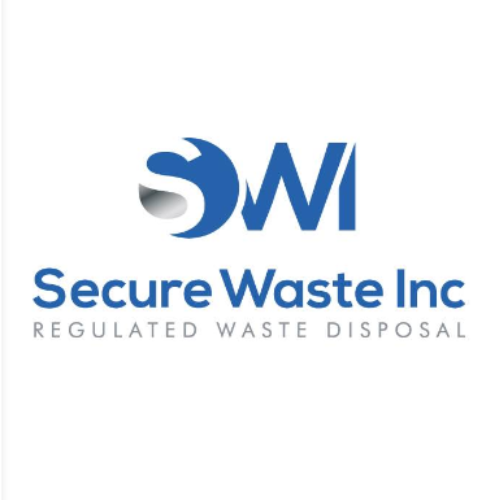
Expert Medical Waste Management: With over 25 years of industry experience, Secure Waste is a trusted local leader in hazardous and biohazardous waste disposal across Maryland, Virginia, and Washington, D.C. Specializing in medical waste management, sharps needle disposal, and biohazard waste removal, the company ensures full compliance with federal, state, and local regulations while prioritizing environmental sustainability.
The company also offers additional services, including secure document shredding and sharps container sales, providing comprehensive solutions for healthcare facilities and businesses. Our cost-effective services help clients maintain regulatory compliance without unexpected costs.
With a commitment to customer satisfaction, Secure Waste offers tailored waste management plans that align with industry best practices. Their team of experts provides reliable, timely, and compliant services, making them the preferred choice for medical waste disposal. For a free waste quote or more information, visit www.securewaste.net
